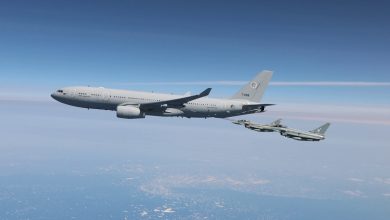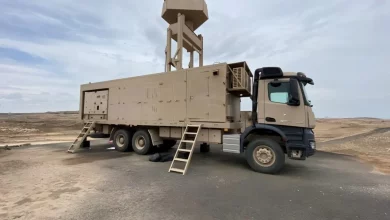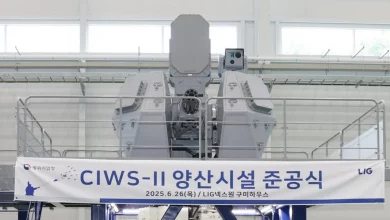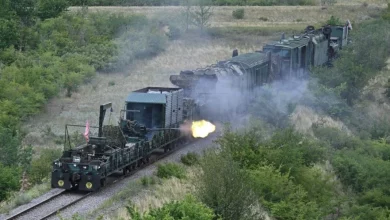UN’s Guterres calls on Israel to lift Gaza blockade for humanitarian aid trucks
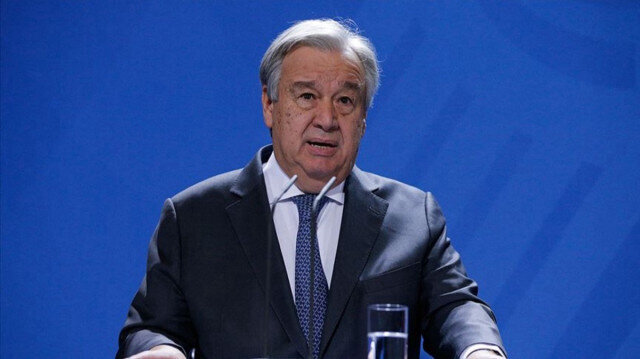
‘What we need is to make them move,’ Guterres says about line of aid trucks waiting at the border to help people of Gaza
The UN secretary-general on Israel on Friday called for lifting the illegal blockade from the Gaza Strip to allow for the entrance of trucks carrying humanitarian aid.
Speaking on the Egyptian side of the closed Rafah border crossing, Antonio Guterres said that Gazans “need everything to survive.”
“What we need is to make them move,” he said about the trucks lined up at the border to the enclave, which has been cut off from power, water, food, and aid shipments for nearly two weeks.
The trucks carrying humanitarian aid to Gaza are “a lifeline between life and death,” he added.
Guterres also said that the UN is “actively engaging” with Egypt, Israel, and the US to clarify conditions for the flow of humanitarian aid to Gaza, and to “limit restrictions” so trucks can move.
“We don’t want to punish the people of Gaza twice, first with the war, and second due to lack of humanitarian aid.”
The conflict in Gaza, under Israeli bombardment and blockade since Oct. 7, began when Hamas initiated Operation Al-Aqsa Flood, a multi-pronged surprise attack that included a barrage of rocket launches and infiltrations into Israel by land, sea, and air. It said the incursion was in retaliation for the storming of the Al-Aqsa Mosque and growing violence by Israeli settlers.
The Israeli military then launched Operation Swords of Iron against Hamas targets in the Gaza Strip.
The death toll in Gaza from Israel’s ongoing bombardment has climbed to 4,137, according to a Gaza Health Ministry spokesman, while the number of injured has risen to 13,300 and over 1,000 others are missing.
Soon after the conflict began, Israel imposed a “complete siege” on Gaza, which had already suffered under an embargo for years. Under the new “siege,” electricity and water supplies were cut off, and food and aid shipments denied to the strip, which has a population of over 2 million people, most of them children.
Source: AA


